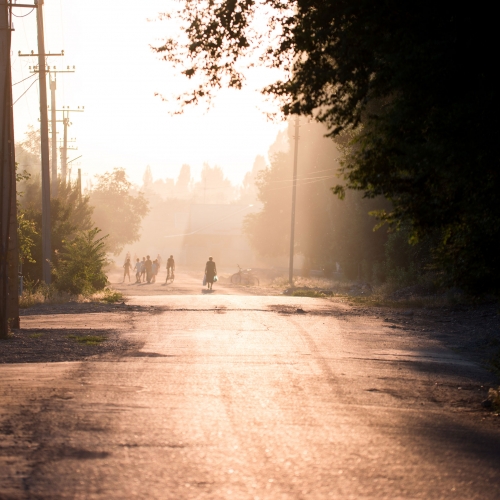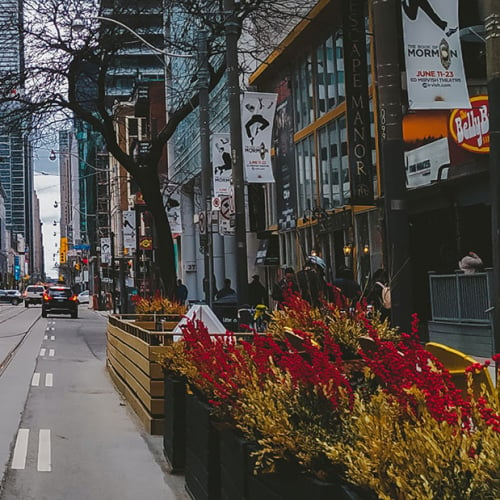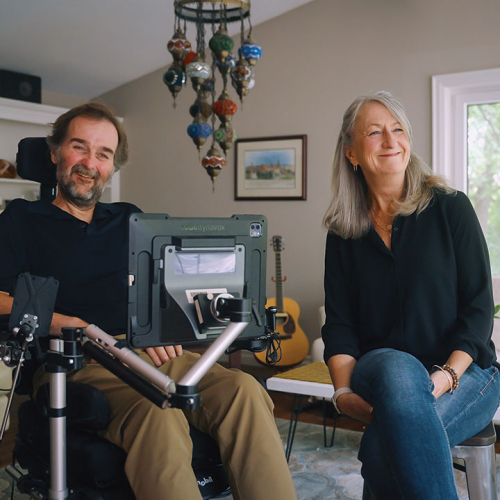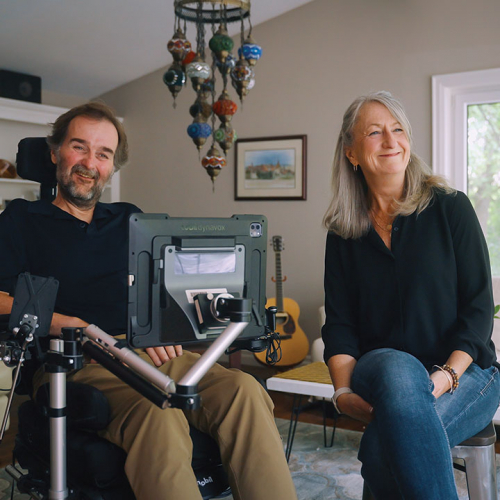When I was in training, my church-planting coach said to me, “Marc, pastor your city and your city will become your church.”
We started out with that focus, but as our congregation grew we were drowned by the daily needs of running the church and we had very little time to pastor the city. It wasn’t until years later that I realized something – if we kept doing the things we were doing, even for forty years, the city would not be transformed by the Gospel. I realized that our budget, our resources, our creative energy and our time were being drowned by the interior needs of that growing church. It was a very successful church. We had grown from 100 to 500 within a very short amount of time. We had baptized at least 250 people from unchurched backgrounds. But we were only accomplishing part of the mission. Most of the people in the city were still lost, and most of them weren’t coming to our Sunday morning services.
To reach our city, we needed to find ways to let the salt out, because keeping all of that good salt in the saltshaker was useless. We had too many strong Christians serving in the church and focusing too much on how to structure ourselves. We needed to get them out into our city.
At the same time, I heard the story of a pastor in Uganda who decided to put his local church into the hands of another pastor because he felt God was calling him to be the pastor of the country. I was amazed by his story. God was making himself known in Uganda through that pastor in ways I hadn’t seen before in my life. When I heard that, something resonated within me. I realized that God was calling me to more.
As I read my Bible, I saw how Jesus stepped out of his comfort zone to come to us, and it challenged me to ask the question, “How are we stepping outside of our comfort zones in the church to engage people in our communities, in our cities?”
When Jesus saw the crowds, he had compassion on them because they were confused and helpless, like sheep without a shepherd. I realized that that was the landscape of our city. People were confused. They didn’t know where to get help. When their marriages were falling apart, they didn’t know who to turn to. Jesus cared about people who were outside of the fold, outside of the church. He was willing to leave the ninety-nine to go help the one that was lost.
It was time for us to think about how we should re-structure the church and our mission so that we could feed and shepherd the whole city and take responsibility for everyone, not just those within the church. How could we do that? How could we feed the multitudes?
There was only one answer to that question: Listen to Jesus and obey him. If we brought our five loaves and two fish to him, and let him do the miracle of feeding the crowd, then our city would never be the same again.
So, the first thing I did was let go of my salary. I knew someone else had to take on the role in the existing church to make sure that the everyday stuff would keep on happening and that we would keep discipling people. I knew that I would have to figure out other ways to provide for my family, but I needed to explore this new world of how to pastor a city.
The next thing I did was start spending more time on city committees and less time on church committees. I even asked some of our best leaders in the church to join me on the Chamber of Commerce. It was one of the ways to get the salt out of the saltshaker and into the world.
I knew I needed a strategy to serve the neediest people in our city, but God also challenged me to find a strategy to reach the rich and influential. That was not easy for me, because I didn’t have a heart for the rich. But God gave me compassion and showed me how lost they were. So I started going to places where influential people were spending their time, like happy hours and city meetings. I often felt awkward, but God was calling me to be a good missionary and to learn the language of the people he was calling me to reach.
The next step was organizing a leadership event in the city. Of the 150 people that came, ninety were non-Christian leaders in our city. After that, they were the ones that started contacting us about helping the city. We had an opportunity to shepherd them.
The day after that leadership event, I was invited to be part of the committee for the revitalization of our street in downtown. Then I was invited to have lunch with one of the most influential leaders in the city. During that lunch, that leader told me three things: “I want to be involved in whatever your church wants to do in our city to help those in need. I want to be involved with you guys with whatever you’re doing in terms of leadership in our city. And I want to know Jesus.” With several key city leaders, we started a leadership breakfast. Together, we began identifying the five most influential leaders in the different spheres of society, so that those people could be cared for, so they could be fed.
After that, a hotel in our city burned down and several businesses suffered. The Chamber of Commerce asked the church to help. It was a huge step for us and it cost us a lot of money to help all these different people.
One of the businesses that suffered was a massage therapist, so we purchased a new table for her and set it up in our church office, so she could keep serving her clients. We also helped the hotel managers, a lesbian couple who couldn’t believe that the church would help them. We befriended them and had some very honest conversations about sexuality and faith. They were so touched by the love that they received that they began coming regularly to our church service.
We just kept serving people and sharing Jesus with them.
Another business person that we helped at the hotel was a famous wine taster in Quebec. In the fire, she had lost all of her promotional materials. So the church paid for new material for her upcoming wine festival.
“Why are you even helping the rich?” people asked us.
“Because God has a heart to build a community where we take part in one another’s suffering, whether you’re rich or poor, whatever class you’re in,” we told them. The city was hearing the Gospel.
During Halloween, we asked people in our church to open up their houses to be houses of light where we would have bonfires and serve hot chocolate, hot dogs, hot cider, and where people could use the restrooms. It was creating community in the different neighborhoods in our city. The next day, it was all over social media. People were talking about how great it was and how it’s creating a spirit of community and generosity. Some houses had more than a thousand people come by and they gave out over 600 portions of candy. Are we willing to include Halloween candy in our church budget?
It was an example of the church being creative. Generosity was flowing and the church was leading, being a light in the darkness. Our hope is actually to transform Halloween into a celebration of light, to show how light is more powerful than darkness.
This is one of the ways to pastor a city, to feed the sheep outside of the fold, to reach those that don’t want to hear, those that won’t come on a Sunday morning. People in the city are being touched by the Gospel, and some of them are now attending our church. So we do need to make sure that the internal structures of the church are in place, that they are functioning. We need to make sure that our people are well trained and they’re being discipled. We need to keep in mind different parts of the mission, but I think God is calling us to think about new creative ways to engage our cities.
God has specific stories that he wants to write in your city through your church. Get close to Jesus. Figure out what he is telling you to do, and obey him. Offer your five loaves and two fish to Jesus and let him do the miracle of feeding the multitudes.

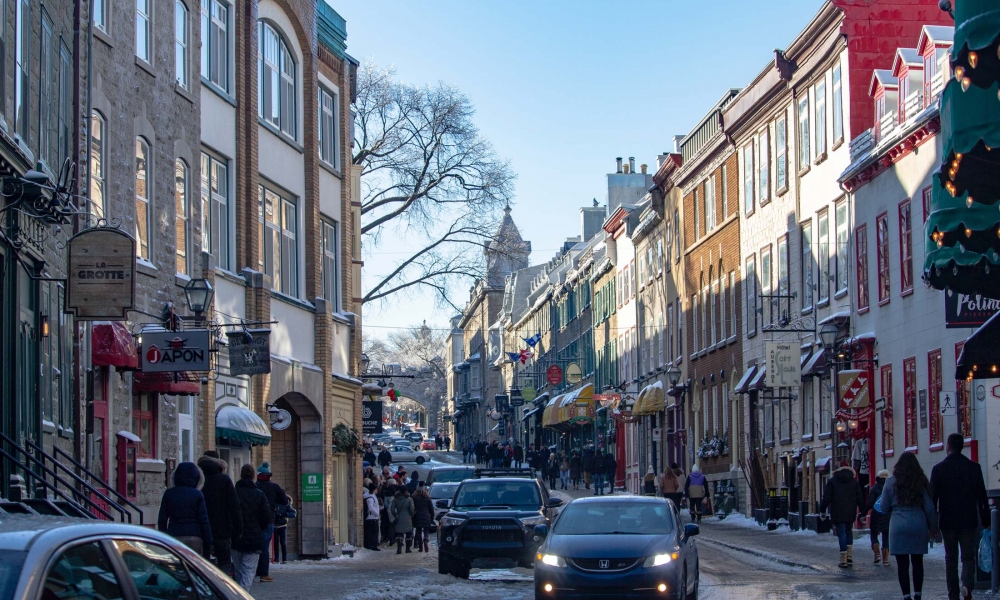
_1544130727_500x500.png)


